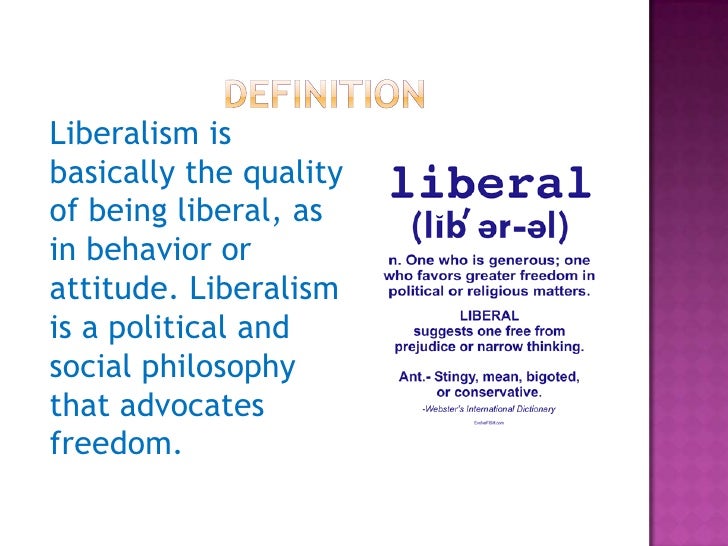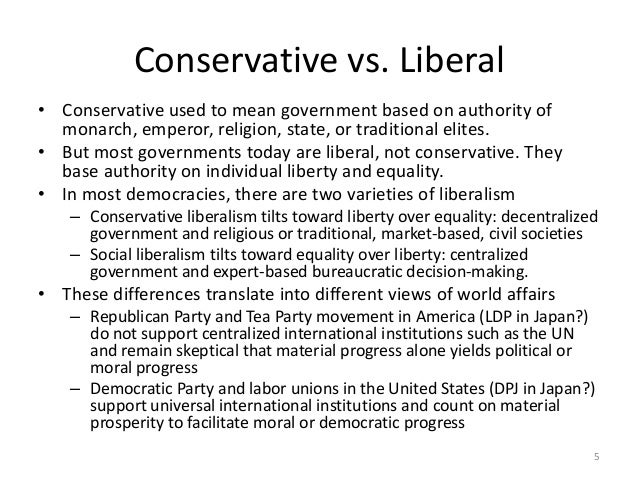
More important, their theories about small government were often predominant across party lines. The new Liberals ultimately replaced the Whigs and led the British government off-and-on for the next 70 years, all the way to World War I. The main role of government for Britain’s new Liberal Party, then, was just keeping the wheels of commerce greased and staying out of the way.
DEFINE LIBERAS FREE
The idea was that if you got the cycle going fast enough through free trade rules and low taxes – in those days usually raised during wartime, so wars had to be avoided – the value of a worker would go up while the price of goods would go down. In response, another capitalist would build a factory to provide these consumer goods and factory widgets, in a virtuous cycle. The workers would have spending money, the theory went, and demand new goods. They figured that when new factories opened, capitalists bought widgets and hired workers to use them. These liberal newcomers, people like Richard Cobden and William Gladstone, seized on ideas like those in Scottish economist Adam Smith’s “ Wealth of Nations” for answers.įor example, they embraced Smith’s idea that industrial wealth could create prosperity beyond just capitalist owners. Could industrial capitalism work for everyone, the liberals asked, not just industrialists?

England’s population was booming, while people were leaving the farm for the factory and bitterly poor living conditions in cities. Neither party fit our notions of “left” or “right.”īy the 1840s, neither fit the needs of industrializing Britain, either, according to the new liberal thinkers. The Tories were the party of Crown and countryside, while the Whigs tended to favor merchant interests over aristocratic landowners. I teach my British history students that liberalism as a party platform dates from 1840s England, when a group of politicians proposed a set of ideas very different from their Tory and Whig colleagues. 346969Globe Photos/MediaPunch /IPX Liberalism “The erroneous results represented some of the larger correlations between personality and politics ever reported they were reported and interpreted, repeatedly, in the wrong direction,” he said.Ronald Reagan and Margaret Thatcher called for a return to William Gladstone and Adam Smith’s liberalism. The journal said the error doesn’t change the main conclusions of the paper, which found that “personality traits do not cause people to develop political attitudes.”īut professor Steven Ludeke of the University of Southern Denmark, who pointed out the errors, told Retraction Watch that they “matter quite a lot.” “It’s our fault for not figuring it out before.” All I know is it happened,” he told Retraction Watch, a blog that tracks corrections in academic papers. The erroneous report has been cited 45 times, according to Thomson Reuters Web of Science.īrad Verhulst, a Virginia Commonwealth University researcher and a co-author of the paper, said he was not sure who was to blame. The social-desirability scale measures people’s tendency to answer questions in ways they believe would please researchers, even if it means overestimating their positive characteristics and underestimating negative ones.

In the paper, psychoticism is associated with traits such as tough-mindedness, risk-taking, sensation-seeking, impulsivity and authoritarianism. “The descriptive analyses report that those higher in Eysenck’s psychoticism are more conservative, but they are actually more liberal and where the original manuscript reports those higher in neuroticism and social desirability are more liberal, they are, in fact, more conservative.” “The interpretation of the coding of the political attitude items in the descriptive and preliminary analyses portion of the manuscript was exactly reversed,” the journal said in the startling correction. The American Journal of Political Science published a correction this year saying that the 2012 paper has “an error” - and that liberal political beliefs, not conservative ones, are actually linked to psychoticism. Turns out liberals are the real authoritarians.Ī political-science journal that published an oft-cited study claiming conservatives were more likely to show traits associated with “psychoticism” now says it got it wrong.

Having kids linked to being more socially conservative, study finds Truss' warning to US: You can't just keep spending and ignoring voters Rishi Sunak to be named UK's first non-white PM Court leaves New York absentee ballot rules in place for Nov.


 0 kommentar(er)
0 kommentar(er)
